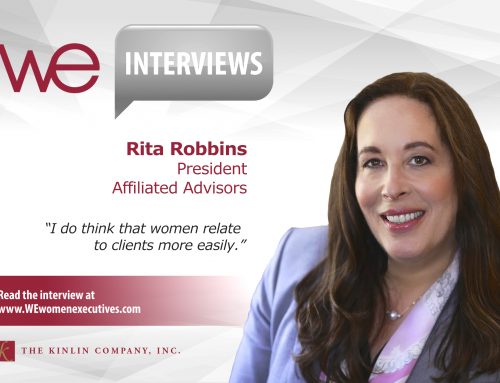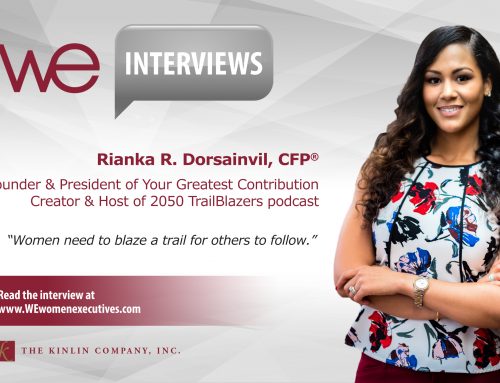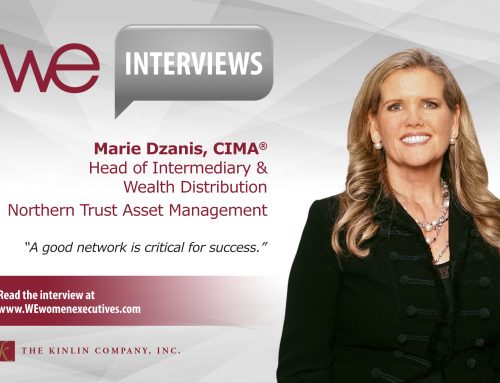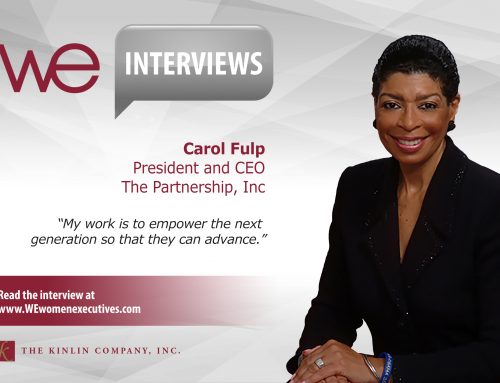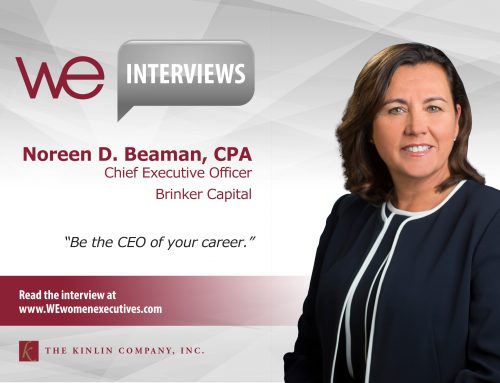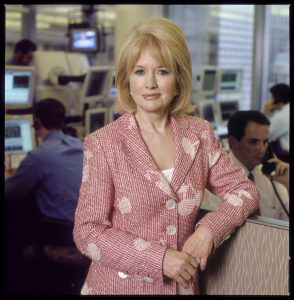 Consuelo Mack
Consuelo Mack
Founding Anchor
Managing Editor
Executive Producer
Consuelo Mack WEALTHTRACK
Consuelo Mack gives new meaning to the label ‘multi-tasker.’ She is the founding anchor, managing editor and executive producer of the weekly television show Consuelo Mack WEALTHTRACK, a public television program devoted to long-term diversified investing–the only program of its kind on the air. Mack is also the owner of MackTrack Inc., the company that produces the show and, as such, is responsible for raising funds to support the weekly half-hour program. She chooses the guests, writes the program, does research for the show, interviews the guests, and lends a hand in the weekly editing of the program.
Mack runs WealthTrack with the help of a senior producer, managing producer, plus several part-time tech, graphics, editing and video specialists. The team recently revamped the program’s website to provide viewers with additional content with a feature called EXTRA, plus just introduced a series specifically for women. Called WEALTHTRACK Women, it is devoted to helping women in all stages of life manage their financial future – with the help of women financial planners.
Mack is incredibly active outside of her business as well. She is a member of several nonprofit boards, including those of the YMCA of Greater New York (where she has attained emeritus status), but still heads the YMCA’s Investment Committee and the Museum of American Finance, the country’s only independent museum devoted to the history of finance. She’s the proud mother of a U.S. Marine officer who is on his second tour in Afghanistan and the wife of a former federal prosecutor who is now in private practice. “I have a full life,” Mack says, with no small amount of understatement. We recently met in New York to talk about the trajectory of her amazing career and what she has learned along the way.
In Part One of our interview, Mack spoke to me about the path she travelled to reach her current position.
Education is Important
Mack has clearly forged her own trail in the financial sector and I was curious to hear about the way in which her career in financial journalism had developed. How did she attain such a high level of success, I asked, and did she get any help along the way?
“I became a financial journalist through a circuitous route,” Mack explained. “I grew up in a small New England town with very bright, dynamic, engaged parents. My dad was a doctor who worked 24-7 and my mom was a full-time homemaker, although that really underestimates what she did. Mom and Dad always encouraged my brother and me to think for ourselves and work very hard. We were expected to excel and have many interests.
“I went to Sarah Lawrence College and majored in political science and 18th-century English literature. I also had the honor and privilege to have Joseph Campbell, the world renowned mythologist as my freshman advisor. I had a broad-based liberal arts education, which was a wonderful foundation for my life because it made me curious. I learned to think critically, write, question, and research—all skills that have stood me in good stead. I graduated from Sarah Lawrence having never taken a finance or economics course. When I graduated, I had two goals. First, support myself. My parents had paid for my education for which I was very grateful. I also recognized that the world was run by men and I wanted to make it in a man’s world. So I looked for the most ‘manly’ of business pursuits and they were banking and finance. There were two industries at the time that would simultaneously train you and pay you: banking and brokerage.
“I interviewed at brokerage firms first,” Mack explained. “This was in 1974 and Wall Street was under pressure to hire women. My cousin’s fiancé at the time was a broker and he said, ‘Consuelo, when you go for an interview at these major brokerage firms, no matter what they ask you, say you want to make money–that that’s your primary motivation.’
“Although it wasn’t my primary motivation and never has been, it was not far from the truth.
“The first brokerage firm that I interviewed with was Merrill Lynch, and I can honestly say that it was one of the few, if only times in my career where being a woman made all of the difference, because I really had no credentials whatsoever. I definitely didn’t want to go in as a secretary–I didn’t have secretarial skills and I didn’t want to be someone’s assistant. I wanted to go in at a level equal to that of the men just starting in the business as well. That was complete bravado on my part, but it worked because they were desperate to hire women at a professional level.
“I was hired by Merrill Lynch in 1974. The Dow was around 600 and Wall Street was in a state of complete implosion. It was a terrible time to go into the brokerage business, but from a personal perspective, it was ideal because the downturn gave me unparalleled access to seasoned professionals with time to share. I worked in the Garment District and all of the men there were survivors. The vast majority were at least 20 years older than I was and they were pros. They could have been completely dismissive of me because I knew so little, but they were not. They mentored me and tried to teach me the ropes. In retrospect, they were incredible. I didn’t encounter any discrimination. To this day we still have this mutual fondness and regard, and they consider me to be a success story, even though I completely blew it in the brokerage industry.
“One of the things that I recognized immediately when I started working on Wall Street was how little I did know even after the training course. I also realized that I hated losing clients’ money, a fact of life at the time. I would go home at night and cry to my husband, never at the office! Unlike my male peers I couldn’t separate the emotional from the professional; I couldn’t compartmentalize it.
“In search of more training I left Merrill Lynch and went to a smaller firm called Wood Walker, where I worked for a senior analyst and learned about stock analysis. Then I was hired by the wealth management division of Mitchell Hutchins, the number one research firm on the street at the time. I was the first woman hired as an assistant portfolio manager. It was a path for me to learn the money management business in all of its complexities and it exposed me to top-notch research and thinking. I loved one aspect of it in particular. I went to all of Mitchell Hutchins’ research meetings, including the sessions with outside consultants including Henry Kissinger and Zbigniew Brzezinski. Part of my job was to report back to the team and put together a comprehensive view of the big macro picture for reports to clients. That I loved. What I didn’t like was making actual investment decisions. I finally figured out if I couldn’t be happy at Mitchell Hutchins I was in the wrong business.
“After much soul searching, I decided to take some courses in journalism because I loved the reporting aspects of my job. I went to New School of Social Research at night and took two courses: one in print journalism and one in television journalism. I enjoyed both, but in the television course I became friends with a woman reporter who to this day is one of my closest friends. She was about 10 years older than I, and was working for a small TV station in New Jersey. The station happened to be looking for someone to cover business news and do market commentary three nights a week. So for $25 a week I drove to West Orange, New Jersey after my day job in Wall Street to deliver a market report. I did that for a year and a half, until they offered me a full-time job. I took an enormous pay cut and never looked back.
“What was unusual about me becoming a financial journalist was that there were no other women business journalists on television—I was the first. There were very few women in financial journalism period, but I had the credentials. I had worked on Wall Street for six years and could speak the language. I could talk to financial professionals. I understood the business and that made a huge difference in my career.”
Questions are Good
Although Mack’s fellow classmate had provided her an introduction into financial journalism, I asked Mack if she had considered her to be a mentor.
“In a way she was, but she wasn’t,” Mack replied. “She was a local news reporter, on a completely different beat. But she was and is a constant inspiration because she was a working mom, raising three children and still managed to be a fabulous professional. That was very unusual at the time. And she introduced me to a terrific opportunity. There were a handful of much older men at my Merrill Lynch office who were mentors and when I went to Mitchell Hutchins, Brad Anderson, who was a senior portfolio manager, also took me under his wing and taught me about portfolio management. But there were no women mentors; they just didn’t exist in the financial world.
“It was the men who were helping me all along, and I wasn’t afraid to ask questions. I think that’s something that separates women from men. As a woman, I didn’t hesitate to say, ‘I don’t understand this. Can you explain it to me?’ I also felt that I didn’t know as much as the people I was working with, and I really cared about being knowledgeable and obtaining the skill set, so I worked very hard. That’s why I went and worked for an analyst, then worked in money management. I was looking for a skill set on which to build a foundation, which I thought I would obtain on Wall Street. But I was an emotional wreck–I just wasn’t meant to be managing other people’s money, although it took me a long time to recognize that, and not consider it to be a personal failure.”
Skills are Transferable
Mack must have found it frustrating to have invested so much time and energy into learning the ropes in money management, only to decide it wasn’t a good fit, I speculated. I asked her if she felt that she had lost valuable time in pursuing this career path for the period of time that she had.
“When I was younger, I thought I did, but when I landed my dream job as a financial journalist I realized I could not have had a better foundation.
“I hear young people say ‘I’m in the wrong industry and I’ve wasted my time,’ Mack observed. “I talk to a lot of young people about their careers and frequently they will tell me they’re unhappy, then say, ‘But I’m this far in. I can’t change course.’ And I say, ‘Yes, you can! All of the skills that you have now you bring to the table no matter where you go. Rather than say they’re worthless, look at what you’ve learned and recognize that you can apply those skills wherever you go, they’re transferable.’
“I learned this lesson after being repeatedly rejected while making all those horrendous cold calls to potential customers. When I started out, no one on Wall Street wanted to be interviewed on television. Now most everyone does, but in those days people wouldn’t accept your call. At Merrill, I learned to just keep calling back. I learned how to get around the assistant or the staff and get to the principal. Once I got in the interviewees recognized that I knew what I was talking about. If I had not had those six miserable years on Wall Street, I never would have gotten to where I am today. I never would have been able to handle the difficulty of making it as a pioneering financial journalist on television.”

